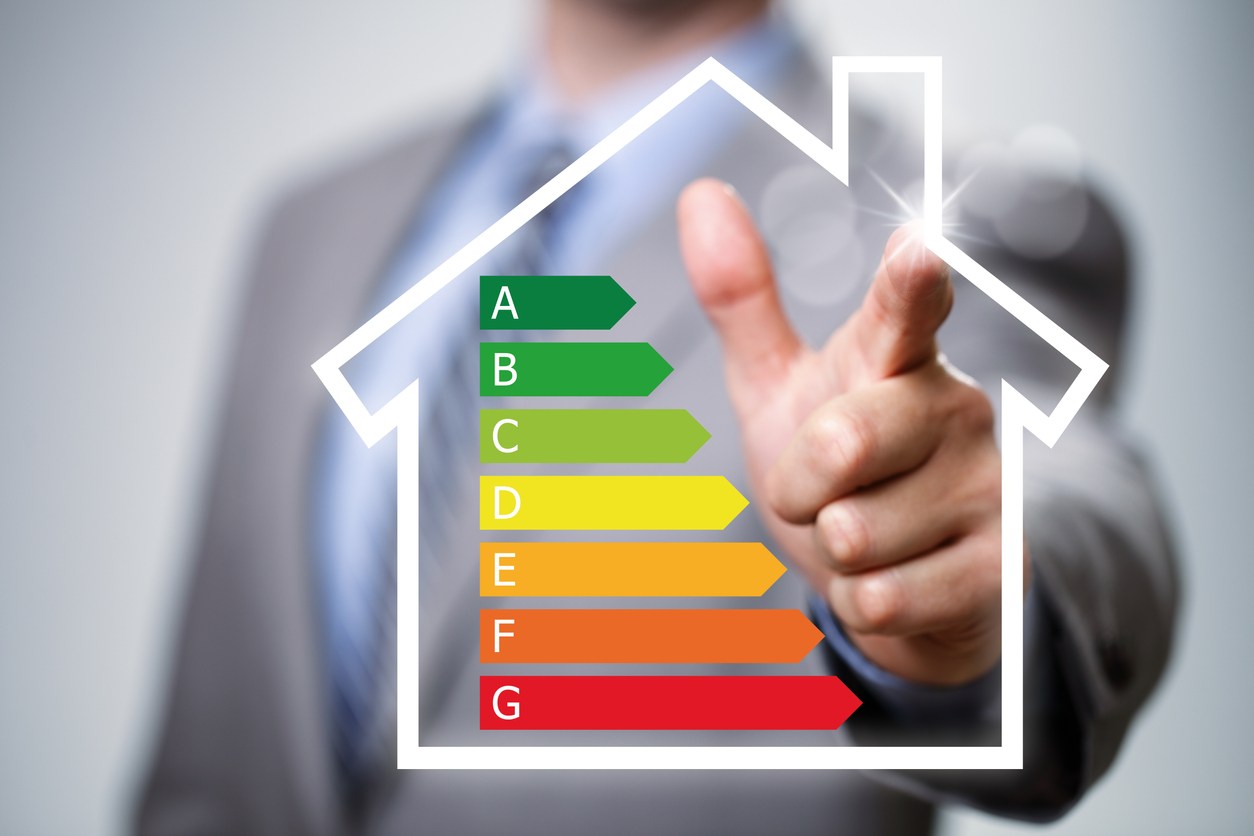Home » Uncategorised »
Will Tax Incentives Encourage Energy Improvements from Landlords?
This article is an external press release originally published on the Landlord News website, which has now been migrated to the Just Landlords blog.

The Business, Energy and Industrial Strategy Select Committee has called for an increase in the financial contributions made by private landlords of the most energy inefficient properties to meeting the required standards.
David Smith, Policy Director for the Residential Landlords Association has said: “Whilst we believe rented homes should be as energy efficient as possible, this requires a tax system that properly supports and encourages investment in energy efficiency measures.
“It is disappointing that despite calls by the RLA and others the Committee has retreated to a call to raise costs for landlords without any support from Government.
“This stands in stark contrast to the £3.8 billion the Committee recommends the Government makes available to the social sector for such improvements.”
The Government’s Minimum Energy Efficiency Standards require landlords with properties in the lowest energy efficiency bands (F or G) to contribute up to £3,500 towards the cost of improving them. Legally, they must have an Energy Performance Certificate (EPC) rating of E or better. The Committee recommends that this contribution should be raised to £5,000.
According to Government data, between 2007 and 2017 the proportion of private rented homes with an EPC rating of F or G dropped from 22% to 6%.
It has been proposed by the RLA that any work done by a landlord on their property, as recommended on an EPC, should be tax deductible. Such an incentive should encourage landlords to continue making energy improvements, rather than just maintaining the minimum requirements.
The Committee’s inquiry saw widespread calls for tax reforms to support investment in energy efficiency measures.
Philip Sellwood, Chief Executive of the Energy Saving Trust, told the Committee: “There is no reason why we could not use the tax system to incentivise landlords through tax relief, so that they could claim all of that, rather than just £3,500, £5,000 or whatever.”
Lawrence Slade, Chief Executive of Energy UK supported the re-introduction of the Landlord Energy Savings Allowance (LESA) arguing that: “This would be a perfect example of carrot and stick: “Yes, you have to invest in the properties you own, but actually there is a tax-saving opportunity for you there. The Government have missed a trick in not looking at that again.”
Shirley Rodrigues, Deputy Mayor for Environment and Energy at the Greater London Authority, said: “We think incentives and tax allowances would really help to get landlords taking this up and addressing this really big problem.”




